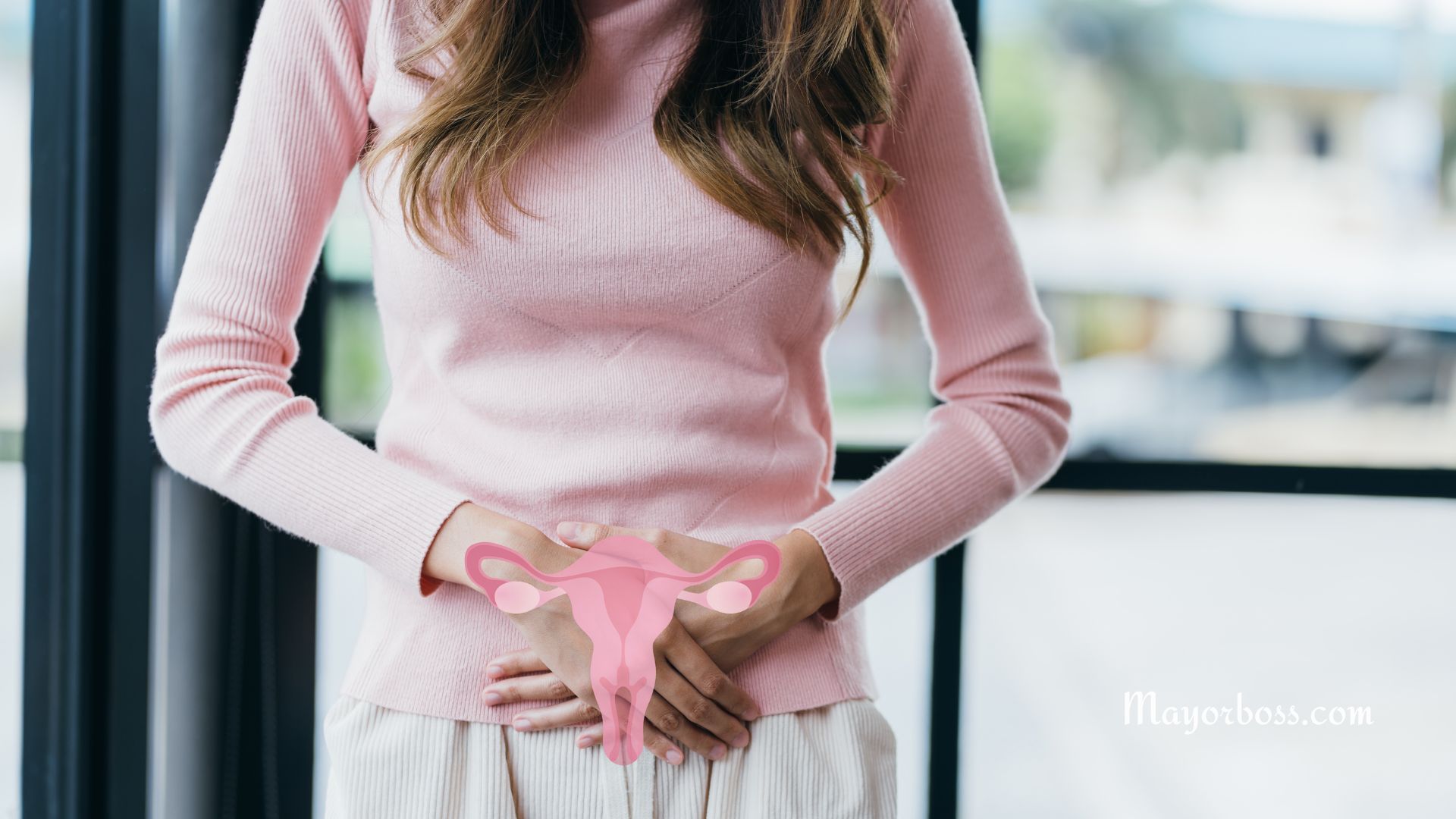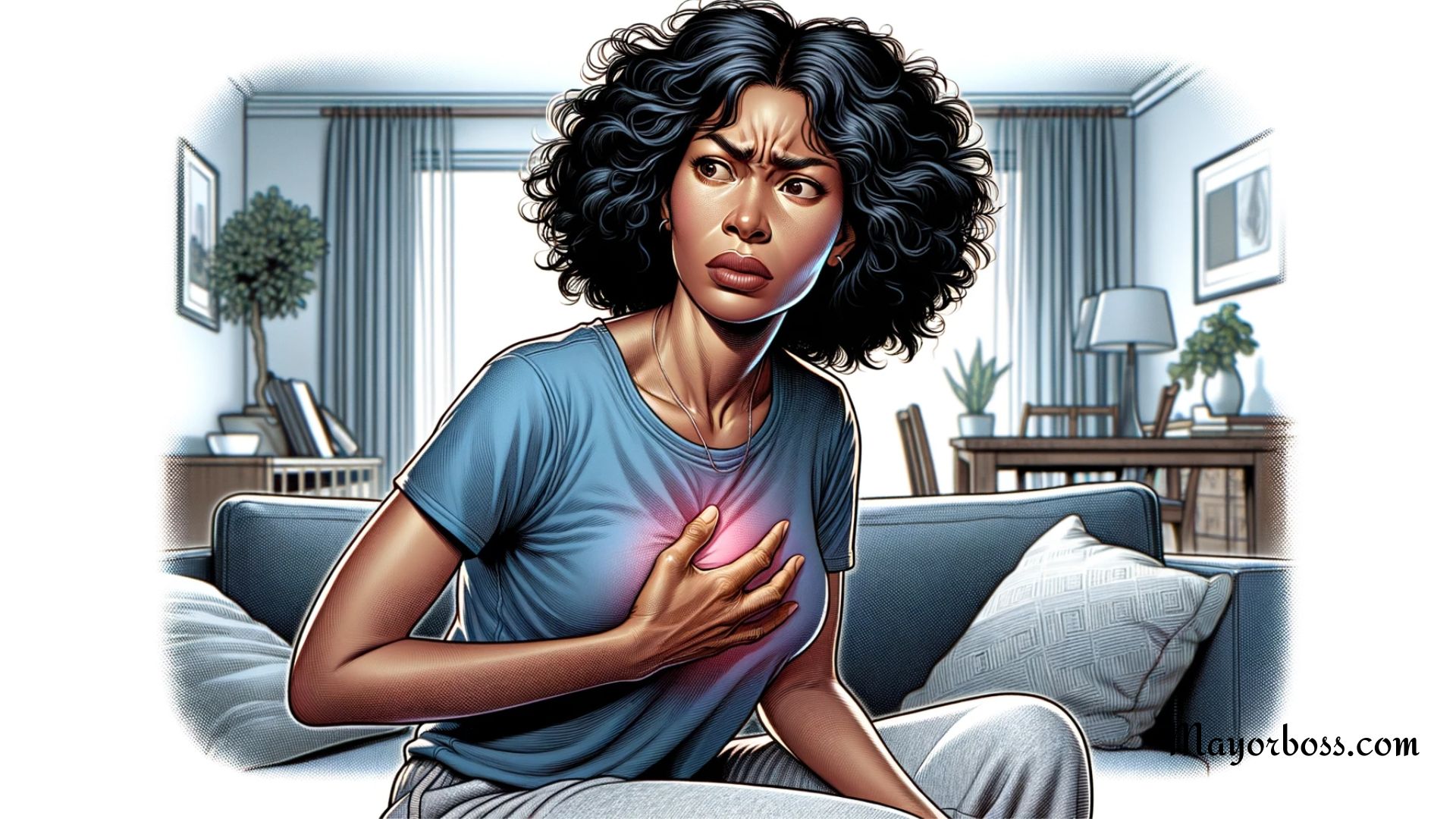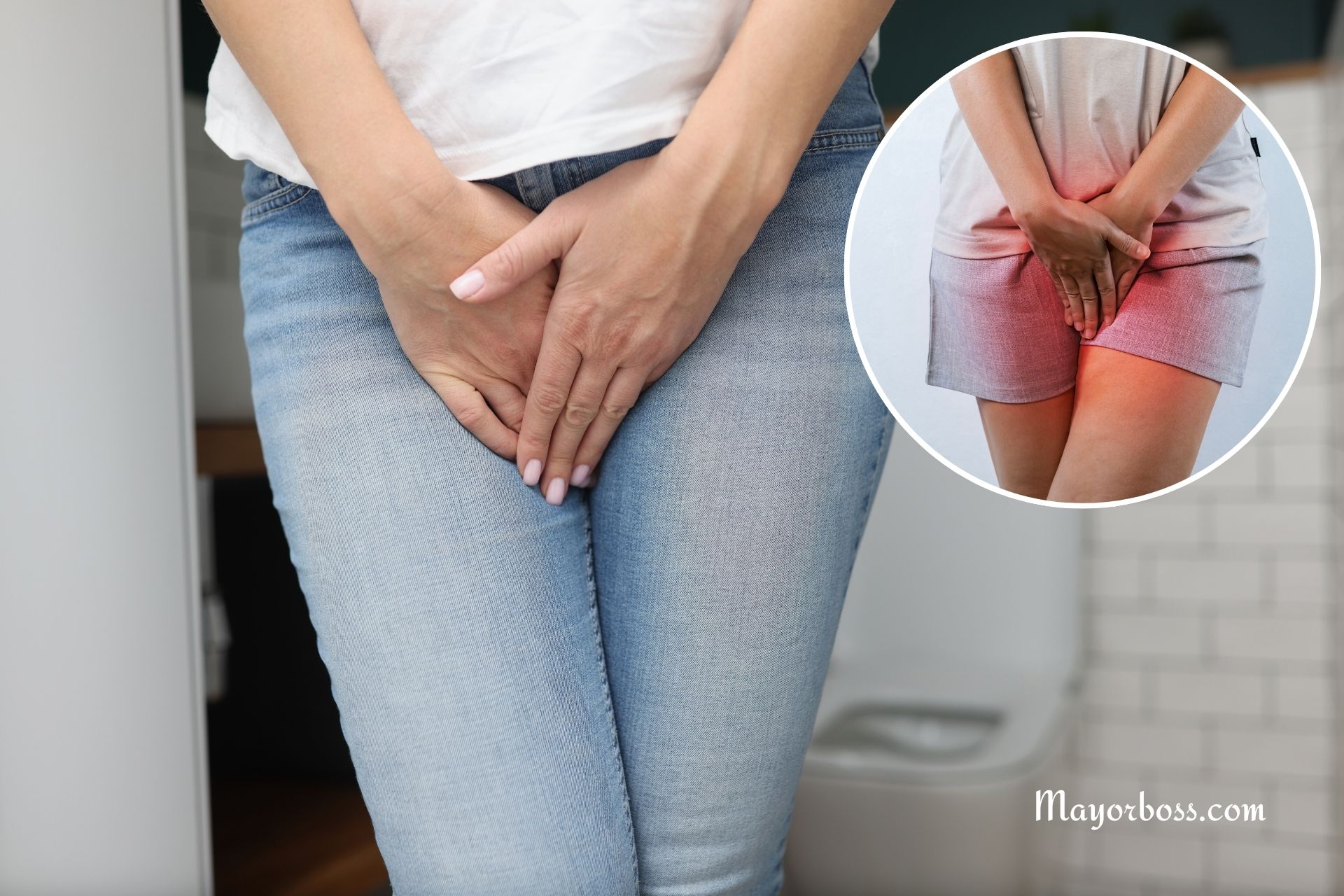What Causes Ovarian Cysts?
So, you’re curious about what causes ovarian cysts? Ovarian cysts are quite common, and most women will experience at least one in their lifetime. However, many cysts are harmless and resolve on their own.
Ovarian cysts are fluid-filled sacs that develop on the ovaries. They often form during the menstrual cycle and are usually harmless. Factors like hormonal imbalances, endometriosis, and certain medications can contribute to their formation.

Hormonal Fluctuations
The Menstrual Cycle
One of the primary reasons for ovarian cysts is the menstrual cycle itself. During your cycle, your ovaries release an egg, and sometimes, this process doesn’t go as smoothly as it should. A cyst can form if the egg isn’t released properly or if the follicle (the sac that holds the egg) doesn’t dissolve after the egg is released.
Hormone Replacement Therapy
Additionally, women who undergo Hormone Replacement Therapy (HRT) are more likely to develop ovarian cysts. This is because external hormones can sometimes disrupt the natural hormone balance, encouraging cyst formation.
Medical Conditions
Polycystic Ovary Syndrome (PCOS)
In women with Polycystic Ovary Syndrome, multiple small cysts often form on the ovaries. These cysts are generally the result of an imbalance in sex hormones, which interferes with the process of egg release from the ovaries.
Endometriosis
Another condition that can cause ovarian cysts is endometriosis. In this condition, tissue similar to the lining of the uterus starts growing outside the uterus, sometimes on the ovaries, forming cysts known as “endometriomas.”
Medications
Fertility Drugs
If you’re taking fertility drugs like clomiphene, the likelihood of developing ovarian cysts increases. These drugs stimulate the ovaries to produce more eggs and, in doing so, can sometimes cause cysts to form.
Insulin-Related Medications
Medications that affect insulin levels can also play a role. For example, insulin resistance is often seen in women with PCOS, and medications that alter insulin levels can exacerbate the formation of cysts.
Lifestyle Factors
Obesity and Diet
While not directly causing ovarian cysts, obesity, and a poor diet can worsen hormonal imbalances, thereby indirectly contributing to cyst formation.
Physical Trauma
In rare cases, physical trauma to the pelvic region can result in ovarian cysts. This is usually observed in instances like severe car accidents or surgeries.
Pregnancy
Believe it or not, pregnancy can also lead to ovarian cysts. In the early stages of pregnancy, the corpus luteum, which provides hormonal support to the embryo, can turn into a cyst. Usually, this type of cyst resolves on its own.
Infections
Pelvic infections that spread to the ovaries can give rise to ovarian cysts. If you have a history of pelvic inflammatory disease, you should be aware that this increases your risk of developing cysts.
Frequently Asked Questions
What Are the Symptoms of Ovarian Cysts?
You might be wondering how to know if you have an ovarian cyst. Many times, ovarian cysts don’t show any symptoms and are discovered during routine medical exams. However, if symptoms do appear, they can include pelvic pain, bloating, and irregular periods. In extreme cases, sudden, sharp pain could be a sign of a ruptured cyst, which needs immediate medical attention.
Can Ovarian Cysts Lead to Cancer?
This is a concern that many people have. Generally speaking, most ovarian cysts are benign and not cancerous. However, certain types, such as complex cysts that have both solid and liquid components, might require further evaluation. According to medical guidelines, postmenopausal women with ovarian cysts should be more cautious, as the risk of cancer increases with age.
How Are Ovarian Cysts Diagnosed?
If you suspect you have an ovarian cyst, your healthcare provider will usually start with a pelvic exam. Additional tests like ultrasounds or MRIs can provide a more detailed look. Blood tests, such as the CA-125 test, might also be done to rule out ovarian cancer, especially in women who are postmenopausal or have a family history of ovarian cancer.
What Are the Treatments for Ovarian Cysts?
Treatment for ovarian cysts can vary depending on factors like size, type, and symptoms. Often, a “wait and see” approach is taken for smaller, benign cysts. For larger or more problematic cysts, surgical removal might be recommended. Hormonal contraceptives like birth control pills are sometimes prescribed to prevent the formation of new cysts.
Can Lifestyle Changes Help Prevent Ovarian Cysts?
You might be interested in how lifestyle choices can impact the likelihood of developing ovarian cysts. While you can’t entirely prevent them, maintaining a healthy weight and balanced diet can help regulate hormones and reduce the risk. Regular exercise and stress management techniques can also contribute to hormonal balance, making it less likely for cysts to form.
Further Reading: 12 Home Remedies For Ovarian Cysts






